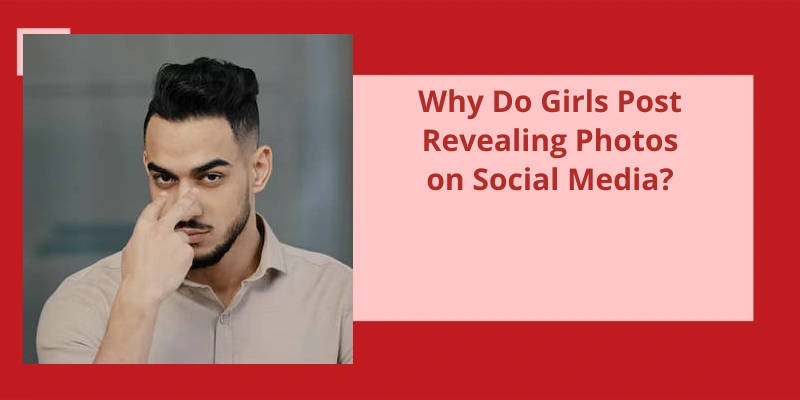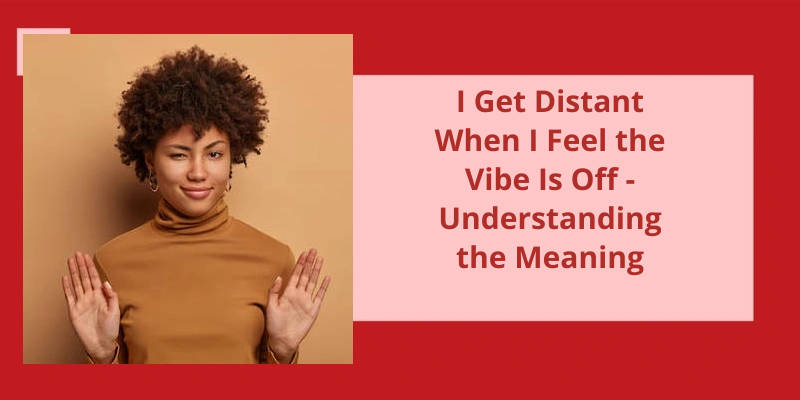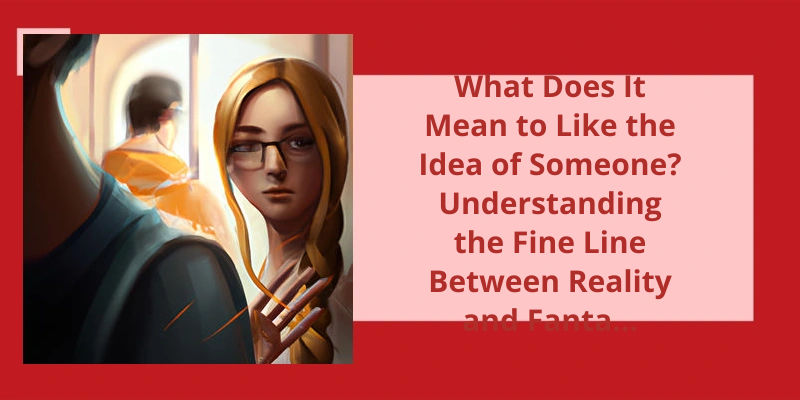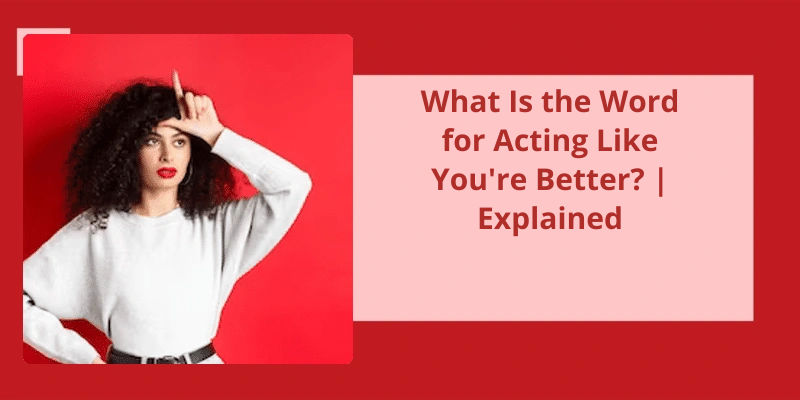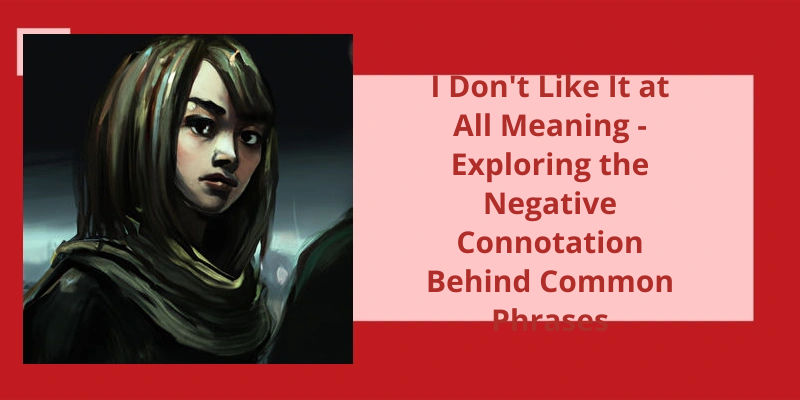In the age of social media dominance, it’s become a common sight to come across revealing photos posted by girls. The reasons behind why girls choose to share such photos on their online platforms are multifaceted and complex, often rooted in individual motives and societal influences. While one might assume that the simple desire for attention is the driving force, there may be deeper psychological factors at play. It’s crucial to consider that a girl posting revealing photos may view it as a form of self-expression rather than something scandalous. By challenging societal norms and embracing their sexuality, these girls may see no harm in sharing these images. To fully understand the intentions behind such posts, one must delve into the underlying motivations and personal experiences that lead to this form of self-presentation.
Why Do Girls Post Everything on Social Media?
The act of posting everything on social media, particularly for girls, can be rooted in the desire for validation from their friends and peers. By sharing various aspects of their lives through photos, women seek reassurance and confirmation of their beauty, worth, and social standing. Receiving likes, comments, and compliments on these posts can provide an instant confidence boost and a sense of acceptance within their social circle.
Moreover, taking photos allows women to gain perspective on how they’re perceived by others. It becomes a way of showcasing their best selves, proving that they do have something valuable to offer to the world. This is especially important in a society that often places emphasis on external appearance and images. By capturing and sharing visually appealing moments, women can feel more confident in their place and role in society.
Additionally, social media provides a platform for women to curate and present their lives in a desirable light. It allows them to carefully select and edit images that align with their desired image or narrative. This can empower women to create their ideal digital persona and project an image that portrays them as attractive, adventurous, or successful.
Furthermore, the act of posting everything on social media also serves as a means of connection and staying connected. With the rise of social media, individuals have become accustomed to sharing more personal moments online. Girls may feel the need to partake in this trend to stay relevant and connected to their peers. It becomes a way to engage in conversations, receive support, and bond over shared experiences, regardless of whether those experiences are significant or mundane.
The Role of Social Comparison in Girls’ Social Media Posting Habits
One reason why girls may post revealing photos on social media is the role of social comparison. Social media platforms provide a space where individuals can compare themselves to others, leading to a desire for validation and attention. Girls may feel pressure to conform to societal standards of beauty and attractiveness, which are often reinforced by the images they see online. By posting revealing photos, girls may seek approval, positive feedback, and social validation from their peers. Additionally, social media platforms often prioritize and reward posts that receive high engagement, such as likes and comments on revealing photos, further reinforcing this behavior.
The differences in social media usage patterns between males and females can be attributed to their distinct motivations. While females tend to prioritize nurturing relationships and fostering connections, males often view social media as a tool to advance their professional goals and expand their spheres of influence. Understanding these varied inclinations sheds light on why girls tend to use social media more frequently than boys.
Why Do Girls Use Social Media More Than Boys?
One possible reason why girls use social media more than boys is their natural inclination towards building and maintaining relationships. Females are often characterized as being more social and empathetic, and social networking sites provide them with a platform to connect with others and foster these relationships. Girls may use these platforms to share updates, photos, and experiences, and in turn, receive support and validation from their friends and family.
Ultimately, it’s important to recognize that these are generalizations and not everyone fits into these stereotypes. The reasons behind ones social media usage can vary greatly based on personal preferences, interests, and societal influences.
Social media has undeniably revolutionized the way we share our lives, thoughts, and even our bodies with the world. However, this constant exposure to flawless, “idealized” body types can have a detrimental impact on our own body image. While posting selfies can boost body confidence, the harmful practice of relentlessly editing out perceived flaws should be avoided. To safeguard our mental well-being in the digital realm, it’s important to selectively unfollow accounts, seek out a supportive and healthy online community, and take regular breaks from the pressures of social media.
Is It Okay to Post Your Body on Social Media?
It’s a well-known fact that social media has a powerful influence on body image. The constant exposure to carefully curated, “idealized” body types can have a detrimental effect on how girls perceive themselves. This pressure to conform to unrealistic beauty standards often leads to feelings of inadequacy and low self-esteem. Girls may feel compelled to post revealing photos on social media in an attempt to meet these standards and gain validation.
However, there’s a fine line between empowerment and self-objectification. While some argue that posting revealing photos can be a form of self-expression and body positivity, it’s important to question the underlying motivations behind these posts. Are girls posting these photos because they genuinely feel confident and proud of their bodies, or are they seeking external validation and approval?
It’s crucial to recognize the potential harm that can come from editing out perceived flaws in these photos. Excessive editing can perpetuate unrealistic beauty standards and create an unattainable image of perfection. This can further exacerbate body image issues and contribute to a negative self-perception. Instead of striving for a flawless appearance, it’s essential to embrace and celebrate ones unique beauty.
To mitigate the negative effects of social media, it’s important to be mindful of the accounts we follow. Unfollowing accounts that promote unrealistic beauty standards can help create a healthier online environment. Additionally, finding a supportive online community that promotes body positivity and self-acceptance can be immensely helpful. Taking breaks from social media to focus on self-care and real-life connections is also essential for mental well-being.
The Psychological Factors Behind Seeking Validation on Social Media: Understanding the Underlying Motivations and Psychological Mechanisms Behind Seeking Validation on Social Media Can Provide Insights Into the Complex Relationship Between Social Media and Self-Esteem. Examining Concepts Such as Social Comparison, Self-Worth Validation, and the Need for External Validation Can Contribute to a Deeper Understanding of the Topic.
- The desire for social acceptance: Many individuals seek validation on social media as a way to feel accepted and valued by their peers.
- Social comparison: Social media provides a platform for comparing oneself to others, which can lead to a constant need for validation in order to feel successful or attractive.
- Self-worth validation: Seeking validation on social media can be a way for individuals to validate their own self-worth and boost their self-esteem.
- The need for external validation: Some individuals rely heavily on external validation from others on social media in order to feel validated and confident in themselves.
- Influence of likes and comments: The number of likes and comments on social media posts can play a significant role in determining one’s self-worth and validation.
- Comparison anxiety: Constant exposure to other’s highlight reels on social media can create feelings of inadequacy and the need for validation in order to feel on par with others.
- Social media as a source of validation: For many individuals, social media has become a primary source of validation and self-worth, leading to a reliance on this platform for self-esteem boosts.
- Impact on mental health: Seeking validation on social media can have negative effects on mental health, such as increased anxiety, depression, and low self-esteem.
- Break from validation-seeking behaviors: Recognizing the underlying psychological factors behind seeking validation on social media can help individuals break free from these patterns and focus on improving their self-esteem and self-worth through healthier means.
- Seeking internal validation: Developing a stronger sense of self and cultivating self-acceptance can help individuals rely less on external validation from social media and instead find fulfillment from within.
However, there are legal consequences for posting inappropriate pictures of someone without their consent, regardless of the platform’s privacy policy. It’s important to understand the laws and take appropriate action to protect your rights.
Is It Illegal to Post Inappropriate Pictures of Someone Else?
However, the act of posting someone elses inappropriate pictures without their consent is considered a violation of their privacy rights. It infringes upon their right to control their own image and personal information. Depending on the jurisdiction, this may be classified as a form of harassment, defamation, or even revenge porn.
In many countries, privacy laws protect individuals from having their intimate or explicit images shared without consent. This includes the right to control the distribution, display, or publication of such content. The mere act of taking a photo or video of someone without their permission can also be seen as an invasion of their privacy, regardless of it’s content.
The victim may experience feelings of violation, humiliation, and loss of control over their own identity. Moreover, their personal and professional relationships may be affected, as such images can be easily accessible to employers, colleagues, or acquaintances.
To address this issue, many countries have enacted laws specifically targeting revenge porn, or the non-consensual sharing of intimate images. These laws criminalize the act of sharing explicit images of someone without their consent and provide victims with legal recourse. Victims may file a complaint with law enforcement, and offenders can face penalties such as fines, imprisonment, or other legal consequences.
Respect for others privacy and consent is crucial in the digital age, where the potential for non-consensual sharing is heightened. By promoting a culture of consent and respect, we can help prevent the harmful impact of unauthorized image sharing on individuals and communities.
Cyberbullying and It’s Consequences
Cyberbullying is a form of online harassment that involves the use of technology to deliberately and repeatedly target individuals. It often takes place on social media platforms and can have serious consequences for those affected.
When girls post revealing photos on social media, they may become targets of cyberbullying. Some people may use these photos as an opportunity to make hurtful comments, send explicit messages, or even distribute the photos without consent.
The consequences of cyberbullying can be devastating for girls. It can lead to feelings of shame, depression, and anxiety. It can also damage their self-esteem and confidence. In some cases, cyberbullying has even resulted in self-harm or suicide.
It’s important to raise awareness about cyberbullying and take steps to prevent it. This includes creating safe environments online, educating young people about the potential risks, and promoting positive online behavior. By addressing cyberbullying, we can help protect girls and ensure they feel empowered to share content online without fear of harassment.
Researchers have delved into the motivations behind individuals who post inappropriate content, discovering a variety of contributing factors. Seeking entertainment value and specific personality traits, including sadism and psychopathy, have been identified as influential elements. Posting unfavourable material may serve as an end in itself for those who engage in such behavior, a phenomenon that merits further exploration.
Why Do People Post Inappropriate Stuff?
These individuals may derive a sense of pleasure or amusement from evoking shock or discomfort in others through their posts. For them, it may be a way of exerting control or power over their online audience. It could also be a manifestation of their desire for attention and validation, as the controversial nature of their content often leads to heightened visibility and engagement.
Another factor that contributes to the prevalence of inappropriate posts is the anonymity and perceived lack of consequences on social media platforms. People may feel emboldened to share inappropriate content when they believe they can do so without facing real-life repercussions. The virtual barrier provided by the internet allows them to distance themselves from the consequences of their actions and enables a sense of detachment from empathy or empathy for those who may be offended or harmed by their posts.
Moreover, the desire for social validation and acceptance can also play a role in the posting of inappropriate content. In some cases, individuals may resort to shocking or controversial posts as a means to gain attention and approval from their peers. They may believe that by pushing boundaries and breaking social norms, they’ll be seen as edgy, daring, or rebellious, which can attract a certain level of admiration or notoriety in certain online communities.
It’s important to note that not all individuals who post inappropriate content do so with negative intentions or motives. Some may engage in provocative or controversial posts as a means of self-expression or as a way to challenge societal norms and spark meaningful discussions. In these cases, the intention may be to initiate dialogue, provoke critical thinking, or shed light on important social issues. However, the distinction between genuine self-expression and detrimental behavior can often be subjective and heavily influenced by individual perspectives.
The Role of Anonymity and Perceived Lack of Consequences in Online Behavior
The role of anonymity and perceived lack of consequences plays a significant role in the online behavior of individuals, including girls who post revealing photos on social media.
When individuals feel anonymous, such as behind a screen name or a carefully crafted online persona, they may feel more comfortable engaging in behaviors they wouldn’t typically do in their offline lives. Anonymity can provide a sense of freedom from social norms and expectations, allowing individuals to explore different aspects of their identity or seek attention.
Furthermore, the perceived lack of consequences on social media platforms can contribute to the willingness to post revealing photos. Many individuals believe that their online actions have minimal real-life repercussions, leading them to take risks they wouldn’t necessarily in face-to-face interactions. This perception of reduced accountability can embolden individuals to share photos for validation, attention, or to conform to societal beauty standards, seeking validation and affirmation from their online peers.
It’s important to note that these factors aren’t exclusive to girls but can apply to people of all genders. Understanding the psychological and social motivations behind the online behavior of individuals can help foster healthier online environments and promote digital well-being.
Conclusion
Additionally, societal pressure and the influence of media may play a role in why girls post revealing photos on social media. Society often places value on physical appearance and attractiveness, leading many individuals, including girls, to seek validation and acceptance through their online presence. Moreover, the pervasive presence of celebrities and influencers showcasing their bodies on social media can normalize and even encourage such behavior. It’s important to remember that each individual's motives for posting revealing photos may vary, and it’s crucial to approach the topic with empathy, understanding, and an open mind. Rather than judging or making assumptions, it’s important to foster a dialogue that addresses the underlying reasons behind this behavior and promotes a society where individuals feel valued for more than just their physical appearance.

